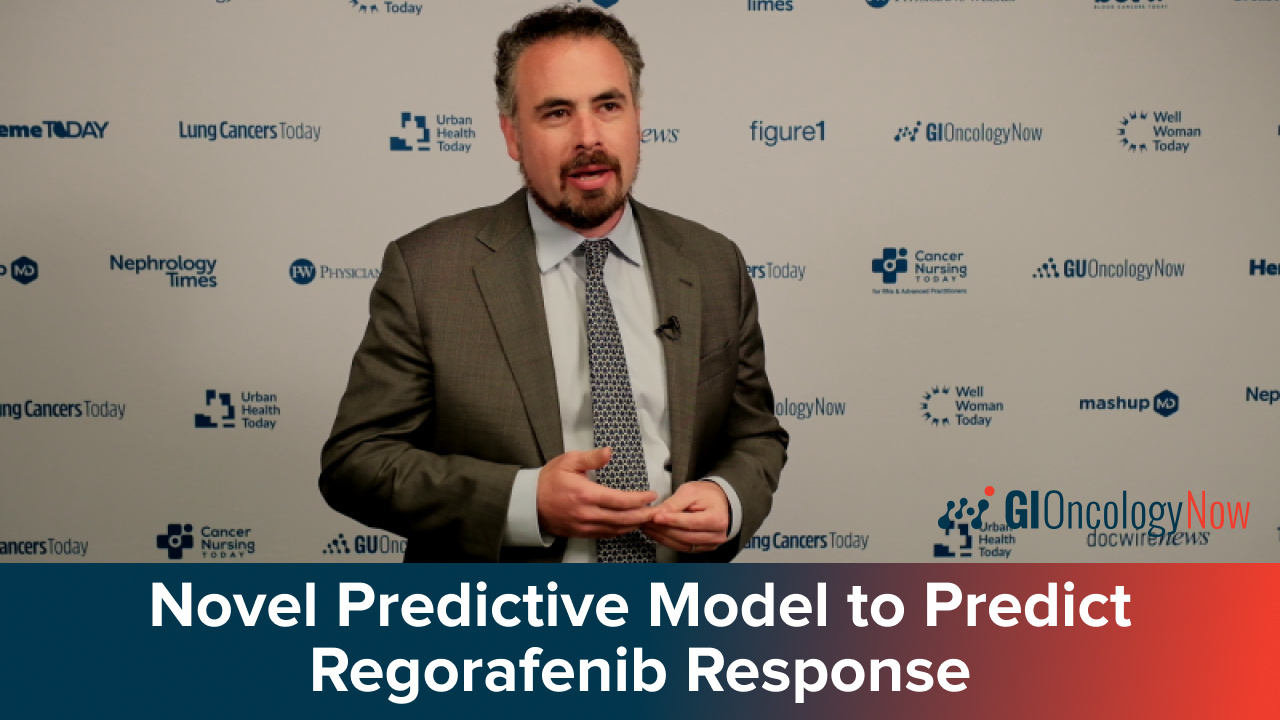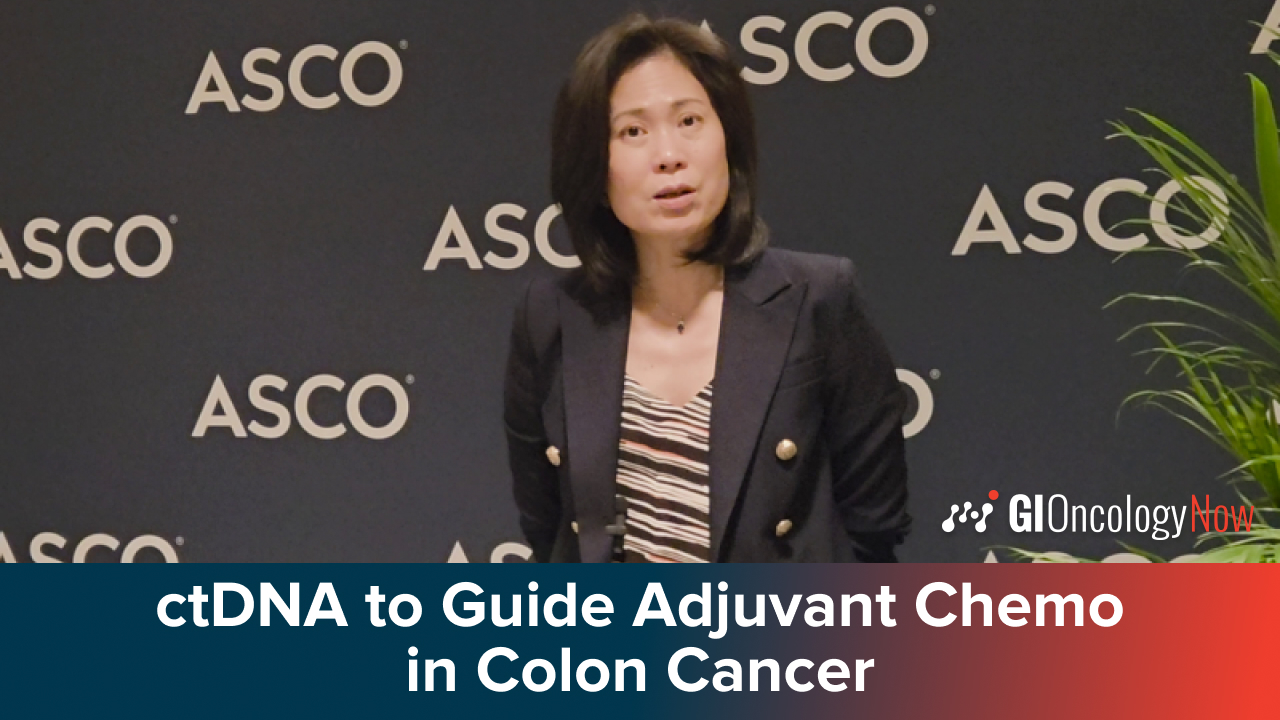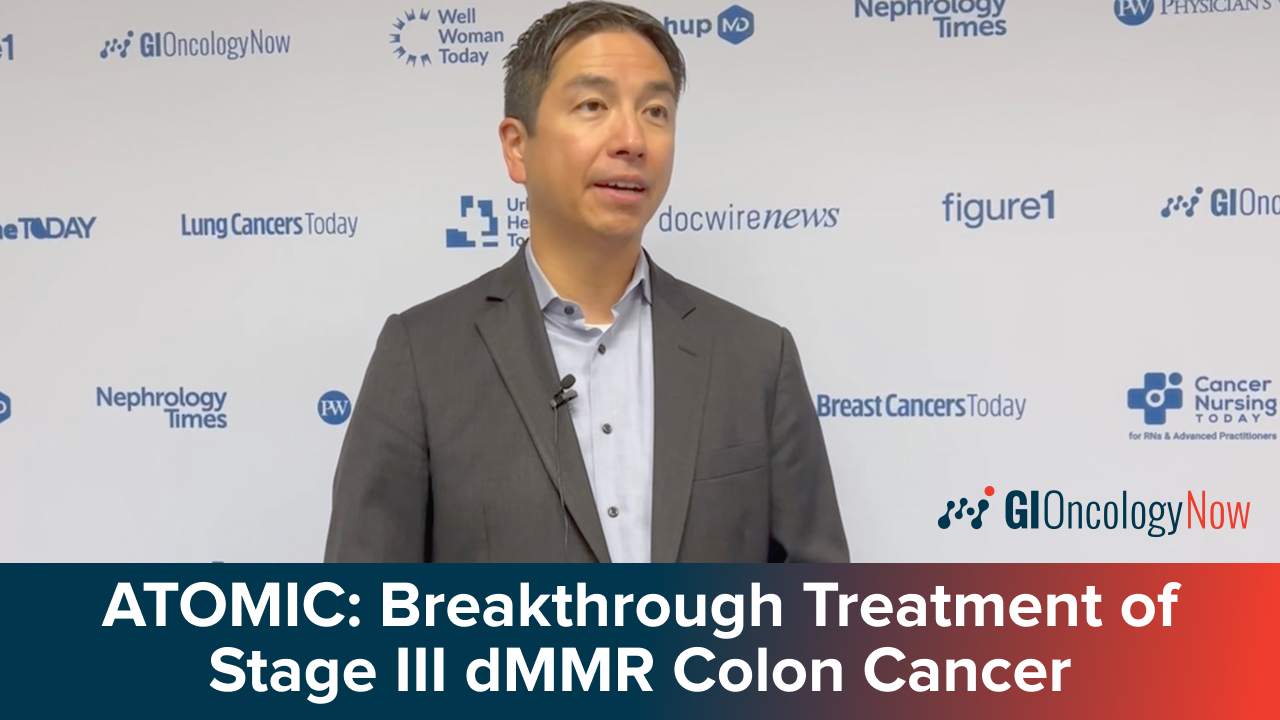Colorectal Cancer: Recent Changes in the Treatment Landscape
By Shikha Jain, MD, FACP, Suneel Kamath, MD, Arvind Dasari, MD, MS, Sakti Chakrabarti, MD - Last Updated: March 19, 2025A roundtable discussion, moderated by Shikha Jain, MD, FACP, discussed the treatment sequencing, management, and future directions of advanced colorectal cancer, as well as relevant clinical trial data from the 2024 American Society of Clinical Oncology Annual Meeting. Dr. Jain was joined by Suneel Kamath, MD; Arvind Dasari, MD, MS; and Sakti Chakrabarti, MD.
In the first segment of the roundtable series, the panel focuses on the evolution of treatment paradigms, including advances in chemotherapy, biologic agents, and targeted therapies over the past decades, as well as the importance of personalized and precision medicine.
View the next segment on Targeted Therapies and Drivers for Treatment Choice in Colorectal Cancer.
—
Dr. Jain: Let us start with a bit of history on colorectal cancer treatment paradigms. What were the approaches 50 or 60 years ago, or even 25 years ago, and what changes have we seen?
Dr. Dasari: 5-FU was discovered around 1957, and for the next 40 years, research focused on making it more effective: finding the right dose and best biomodulator. It was the sole drug until the late 1990s and early 2000s, when irinotecan and oxaliplatin were approved, marking the era of cytotoxics. From the mid-2000s, we saw the development of biologic agents, like monoclonal antibodies against VEGF receptors and ligands, and EGFR. These were targeted therapies developed before biomarkers were identified for them, such as EGFR antibodies, for which we are still refining the patient population. The next phase was developing targeted therapies based on advances in sequencing and molecular biology, identifying targets first, then developing drugs. Examples include HER2/neu and immunotherapy. This era is ongoing, with benefits still emerging. Additionally, we have salvage therapies like regorafenib, TAS-102, and fruquintinib.
Dr. Chakrabarti: That is a great summary of the past 4 to 5 decades. We have moved from viewing colorectal cancer as one disease to understanding it as a collection of diseases, requiring treatment refinement based on biological characteristics.
Dr. Jain: It is fascinating that despite breakthroughs, the backbone treatments remain the same: FOLFOX, FOLFIRI, and 5-FU-based therapies. However, we are now incorporating new targeted agents and newer drugs that might eventually replace these backbones.
Let us discuss recent advancements over the past decade. What exciting developments have transformed patient treatment, moving from a homogeneous approach to a more individualized one?
Dr. Chakrabarti: In my practice, I emphasize profiling colorectal cancer patients upfront. I use the ABC formula: anatomic profiling, biologic profiling, and profiling based on patient conditions. This approach helps tailor treatment. For example, anatomic profiling can indicate biology; patients with lung-only metastatic colorectal cancer fare better than those with liver metastases. Biological profiling through genomic testing and considering patient conditions, like age, further refines our approach. This method has been very effective for me.
Dr. Jain: That is an excellent strategy. It highlights the concepts of precision and personalized oncology, which are crucial for colorectal cancer.
What are your thoughts on immunotherapy in colorectal cancer? As a GI oncologist, I see fewer groundbreaking trials in IO therapy compared to other cancers, but there have been exciting developments.
Dr. Kamath: We initially saw progress in the MSI-high space, which is exciting, especially the neoadjuvant data. However, in metastatic settings, only about 5% to 7% of tumors are MSI-high, leaving many patients without effective immunotherapy options. Recently, the BOT/BAL regimen has shown promise, particularly for patients with lung metastases only, even in MSS colorectal cancer with no biomarkers. There are more targets and checkpoints beyond PD-1 and CTLA-4, so the future looks bright.
Dr. Chakrabarti: Yes, the BOT/BAL story for lung-only metastatic MSS colorectal cancer is promising. We are eagerly awaiting the final data, which could be a significant addition to our treatment arsenal.







 © 2025 Mashup Media, LLC, a Formedics Property. All Rights Reserved.
© 2025 Mashup Media, LLC, a Formedics Property. All Rights Reserved.